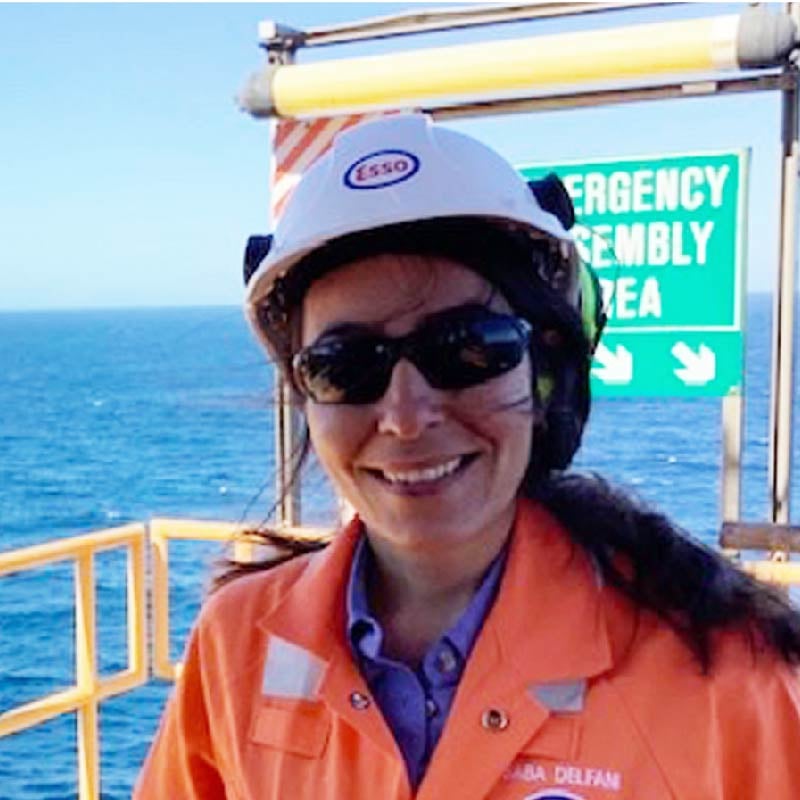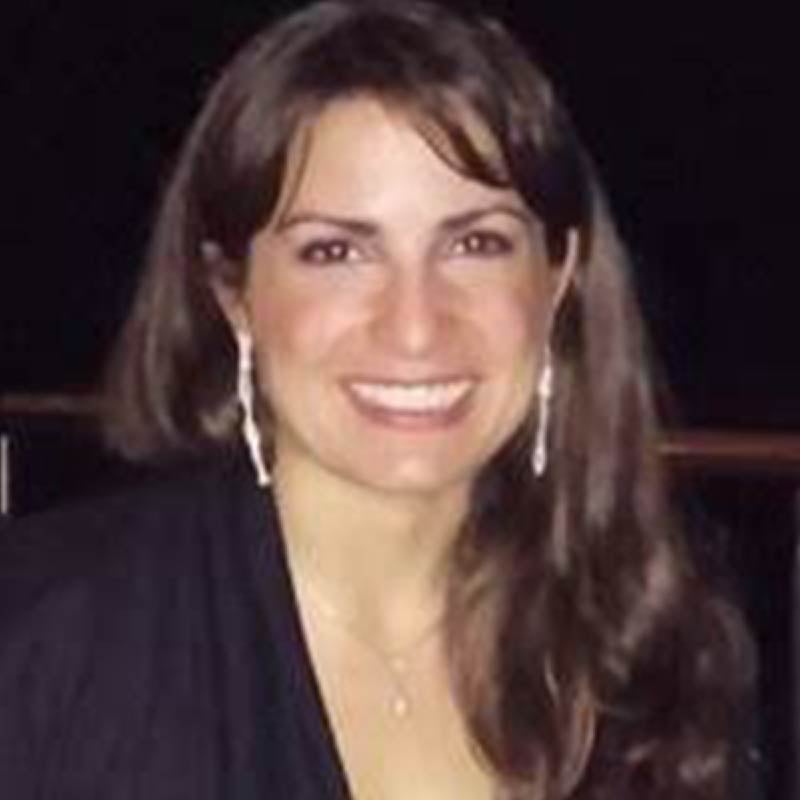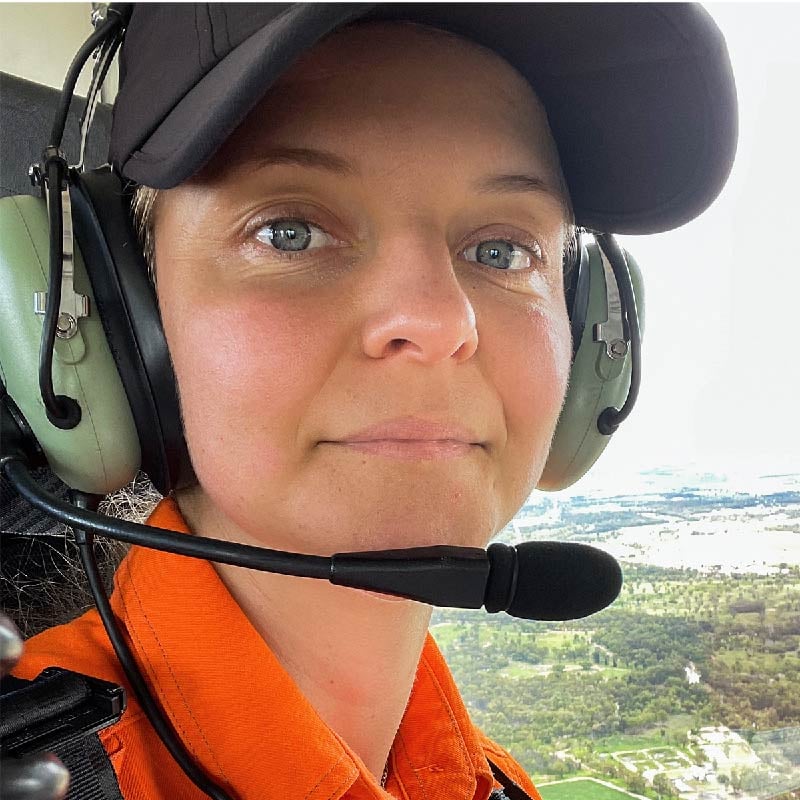Voices of women in STEM
Values

Values
Girls and women remain significantly underrepresented in science, technology, engineering and mathematics (STEM) disciplines around the globe. The United Nations (UN) declared February 11 International Day of Women and Girls in Science to address this imbalance and support equal access to STEM for all. In recognition of this day, Brunel asks eight women in STEM to share their stories.
To be a female working in the male-dominated world of STEM is not for the faint hearted. Prejudices persist and extra hurdles must be overcome for many women in the field, but with these difficulties come unique rewards. Brunel speaks to eight female STEM professionals about the realities of working in a field where their gender makes them a minority.
Read on for what they have to say: how they got into STEM, what they love about their work, and what challenges they’ve had to overcome to achieve success.

Role: Facility Engineer
"I believe woman bring so much value to the field of STEM: the work, the technical side, and the leadership. The challenge I see, is for women to have confidence in the strength and character that they have."
“I’ve loved STEM subjects ever since I was kid. According to my aunt, who was also my school teacher, math was my best subject. I received a lot of encouragement from her and the rest of my family as I could solve equations ahead of my age group. I was always curious about the universe and how things work. I felt that STEM was my calling and now, I couldn’t imagine doing anything differently.
The industry I now work in – oil and gas - is focused on keeping up with new technology, so I get to push my boundaries every day. My job enables me to solve problems, contribute to the organisation and continually grow.
I believe woman bring so much value to the field of STEM: the work, the technical side, and the leadership. The challenge I see, is for women to have confidence in the strength and character that they have. We have many successful women in the field, but we need more female mentors to help guide the new generation of engineers. This exposure would also encourage more young women to consider STEM careers as an option.”

Role: Senior Project Engineer
"My husband at the time (an engineer himself) told me I wouldn't be able to complete the course as it's too hard. That gave me enough motivation to not only complete the course, but also to graduate with honours."
“I was a mature age student. I decided to go to university when my boys went to school. My husband at the time (an engineer himself) told me I wouldn't be able to complete the course as it's too hard. That gave me enough motivation to not only complete the course, but also to graduate with honours.
"As a Senior Project Engineer, I love the technical aspect of my work. After almost 30 years, I'm still learning new things and that's my favourite part of it. With my current job, I have a perfect mix of technical, project management and purpose."
"I think the current barrier to more women working in STEM is not understanding what women can bring to STEM. Unless women have someone in their family and close circle who is willing to share their experiences of working in STEM, they can't even scratch the surface of the depth of possibilities and opportunities that exist. I also think it's absolutely necessary that we show the softer and more creative side of our work, so younger women considering their career path can see themselves in it."

Role: Data Engineer
"Being able to maintain work life balance while doing the job they love would go a long way to more women embracing career paths in STEM."
“I’ve always been passionate about data and working on strategies to get the most out of it. Data is real gold: if procured and mined properly it can give you invaluable insights. As a Data Engineer, I love the challenge. There’s no one-size-fits-all policy in data engineering, and being in the financial domain, there is lots of data to be dealt with. I deal with different types of data and analyse it and make it operational. It gives me something new to look forward to each day and the learning is ongoing.
We don’t have enough women on board, unfortunately. The fact is that women have excellent time management skills and the ability to handle high pressure situations. Women tend to have a lot more responsibilities to shoulder than men, so most of us tend to look for roles offering flexibility when we may be better at something else.
The best way to overcome this barrier, in my opinion, is a paradigm shift: rather than women having to seek out those flexible roles, organisations could offer greater flexibility across the board, staggering hours or allowing those who work extra hours one day to have some time off the next day. Being able to maintain work life balance while doing the job they love would go a long way to more women embracing career paths in STEM. Thankfully, some organisations are now adopting this perspective.”

Role: Laboratory Supervisor
"To young women seeking careers in STEM, the workplace can at times be challenging. But like with most challenges, when motivation is failing it is discipline and perseverance wherein success lies.”
“From an early age, I developed an enthusiasm for discovery and knowledge. Once school commenced, my interest found residence in science and mathematics; I was instantly attracted to these subjects and my devotion to science flourished. When I decided to pursue science as a career, it just felt right. I made the move to Melbourne to attend university and dedicated myself to my degree.
Now, as a Laboratory Supervisor, I am indentured to guarantee the highest quality, diligence and integrity in the workplace. Integrity is a characteristic I value above all others and one I endeavour to display both professionally and in my personal life. I appreciate the responsibility and enjoy getting to use my skills, knowledge, and critical thinking to ensure what we produce is honest and accurate. Knowing the procedures and processes that I oversee and seeing the suggestions I have made help our team reach a next level of excellence, brings with it a sense of pride and satisfaction.
To say being a female in the industry I work in is not without adversity is an understatement. While being a woman in a leadership role adds more challenge in earning respect compared to my male colleagues in the same role, I do appreciate the chance I've been given to act as a mentor. Over time my knowledge and skillset has proved its worth, and my confidence and pride in my work has soared. The old adage "respect is earned not given" is never truer than being a woman in a male dominated industry – STEM or otherwise. To young women seeking careers in STEM, the workplace can at times be challenging. But like with most challenges, when motivation is failing it is discipline and perseverance wherein success lies. The harder the challenges, the greater and more satisfying the reward.”

Role: Industrial Chemist - Laboratory Team Lead Technician
"Times are changing and there is now nothing men are doing professionally that women can't also do."
“Ever since when I was in high school, I wanted to work in the mining sector. There was something about women in mining boots and reflector clothing that attracted me to the career during my teens.
Times are changing and there is now nothing men are doing professionally that women can't also do. But there are of course challenges for women. For example, if you are a mother working on rotations as a Fly-in-fly-out (FIFO) worker, leaving your child and going to work for a month away is going to be difficult, if not impossible. It’s a challenge and you have to remind yourself that you are doing the right thing. It’s a sacrifice a mother has to make for the benefit of her family and her children’s future.”

Role: Study Manager
"The best part of my job is having the ability to influence, negotiate, plan and still use my technical background."
“Thanks to a recruiter at Brunel, after a number of years away from engineering, I was able to return to work as a Lead Process Engineer in an engineering company. Fast forward several different projects, and I realised that I could apply my people and execution skills at the next level. That's when I started pursuing a transition to the kind of role I am currently in: Study Management.
I am presently the only female in my team. I am very proud of being well respected for my technical background and for the connections and relationships I've developed in my career. The best part of my job is having the ability to influence, negotiate, plan and still use my technical background. It's great to work at a corporate level and influence operations – it’s very fulfilling work.
Unfortunately, women still need to prove themselves all the time. For the same level of experience, a woman is more likely to be probed in public/awkward circumstances than a man is. This behaviour can be quite overt in operational roles, but also exists in the corporate environment. I'm fortunate to have very supportive leadership, but it has not always been like this. A number of times throughout my career I’ve known I was the best candidate for a role, but I’ve seen men getting jobs ahead of me. I don't think this will ever stop, but I feel all workplaces are putting extra effort into minimising this 'bias' nowadays.”

Role: Finance Data Analyst
"Remember: the first modern computer programmers were women and coding used to be considered a woman’s job!”
“I loved maths and physics in high school so I pursued degrees in both computational physics and maths and stats at university without really thinking about what kind of work that would lead to. At that time there wasn’t much demand for people with skills in analytics, so most people assumed I’d end up teaching but luckily, I got an internship in an operations research division. That really piqued my interest in operations research and industrial mathematics.
As a Finance Data Analyst, I love being able to take nebulous business problems and break them down into something that can really help people and provide value. I enjoy having a balance between technical work and interacting with stakeholders.
I think a lot has improved in my profession since I first started, but I find there’s still a tendency to assign work along gender lines, where the more technical tasks go to men and the soft skill tasks go to women. Some of the best career advice I’ve ever been given is to always keep a hand in technical work because so much is changing in the industry and it’s easy to de-skill. I think it’s really important for women to be clear about what their interests are to dispel any assumptions. Remember: the first modern computer programmers were women and coding used to be considered a woman’s job!”

Role: Environmental Advisor - Operations
"I believe the biggest barriers for women working in STEM are the limitations we set for ourselves. It’s not gender inequality; it’s a confidence inequality."
“My interest in pursuing a STEM career began in high school, during science class. I was so curious to know how the world worked, from the smallest details of atoms to the way the world’s ecosystems are connected. My curiosity led to studying at university and university led to my career.
As an Environmental Advisor – Operations, there’s always more to learn. I love getting the opportunity to understand the industries that society depends on to function: power, water, waste, manufacturing, transport and construction.
I believe the biggest barriers for women working in STEM are the limitations we set for ourselves. It’s not gender inequality; it’s a confidence inequality. Unfortunately, most women believe they need to be perfect before they can succeed. STEM can be intimidating because it’s so technical, so you need to be okay with getting a lot wrong before you get it right.”
Brunel specialise in supporting Australian businesses increase diversity within their workforce by connecting them with candidates from an array of backgrounds including women in non-traditional roles. Speak with our experienced team today!